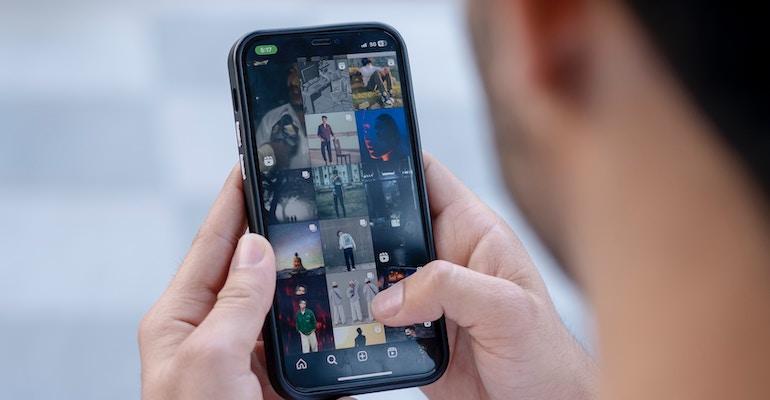Attending Seatrade Maritime Crew Connect Global in Manila recently there was a jarring juxtaposition of an audience sat with their mobile phones, tablets, and laptops, while at the same time expressing serious concerns of allowing seafarers to do exactly the same thing, in their free time no less, while onboard ship.
With the arrival of Space X’s StarLink for maritime early this year low earth orbit (LEO) satellite communication services have exploded onto the scene causing a small revolution and finally giving those at sea the same level of connectivity we all enjoy ashore.
Giving idea of the scale of this revolution Nick Chubb, Strategy Director for Theitus, presenting findings of survey for HFW and Cyberowl of 73 shipowners showed 43% were planning to roll out LEO services in the next 12 months. Separately some 7,000 ships are already reported to have LEO connectivity.
The primary use of LEO services has been for crew communication and welfare, although they do also provide the opportunity for much greater connectivity between the office and the ship.
So, this is all good right? Well, many in the industry are less than convinced apparently believing, those men and women who face the very real dangers of seafaring every day are not capable to using the internet responsibly.
The objections essentially boil down to two factors – crew isolating in their cabins with their devices rather than socialising together and feeling helpless dealing with family issues thousands of miles away from home.
The arrival of real broadband connectivity on ships means they can do the things we all do at home – binge watching Netflix, or similar services; having lengthy conversations via messaging services with friends and family; play online games, and so forth.
The idea that a young seafarer might prefer to sit in his cabin and play online games with his friends, as he does at home, than socialise with his crew mates was viewed by one executive with apparent horror.
Now I am not completely negating the potential issues with isolation that can result from this kind of behaviour, but rather than trying to control seafarers access and use of the internet in their spare time – could you imagine for one minute trying to this with employees in your office? – how about creating conditions shipboard that make the crew want to socialise.
This means investing in things like gym equipment, table football, large screen TVs with streaming services which can be watched communally, quality food to encourage spending time at dinner together, and so forth. None of this is revolutionary but it’s surprising how many ships do not offer these types of facilities.
There is also a worry that seafarers might suffer from tiredness and therefore increased danger at work from binge watching shows and the likes – a valid concern but applies equally in many jobs ashore and it’s not something employers can or even try to regulate.
On the issue of greater connectivity meaning seafarers know more about their family problems and feel helpless as they are so far away, this will be true for some, but for many others it allows them to participate in their family and offer help and support albeit virtually. Owners and managers can help with support services for the seafarers and their families – as we see already from the top tier of companies. Shipping companies might also want to provide shorter tenures onboard.
The LEO revolution will change crew relationships and connectivity with the wider world making their lives much closer to that the rest of us ashore enjoy – the industry needs to embrace this, not fear it.

